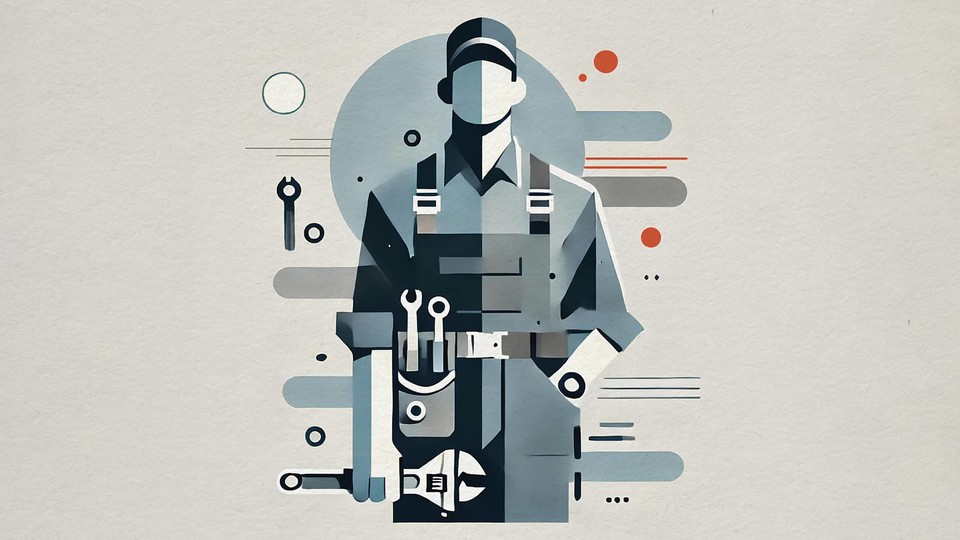The Hidden Inequality in Auto Lending

Based on research by Alexander Butler, James Weston and Erik J. Mayer (University of Wisconsin)
Each year, an estimated 80,000 auto loan applications in the U.S. are denied to minority borrowers due to racial bias.
For millions of Americans, cars aren’t just a fun way to get around — they’re a necessity. They provide access to jobs, schools and essential services. They help build financial independence and unlock opportunities.
Yet for many minority borrowers, the road to an auto loan is often littered with hidden costs. According to groundbreaking research published in The Review of Financial Studies, an estimated 80,000 auto loans are denied each year due to racial prejudice.
In their study, Rice Business professors Alexander Butler and James Weston (along with Rice Business Ph.D. alum and University of Wisconsin professor Erik Mayer ’18) uncover troubling inequalities in America’s auto loan market. Using a dataset that spans over a decade, they find that Black and Hispanic borrowers face higher rejection rates and steeper borrowing costs than white borrowers, even when they have comparable credit profiles.
What makes the auto loan market more susceptible to racial bias compared to other lending markets?
Alexander Butler: Auto lending is unique because of how much it depends on direct personal interactions between borrower and lender. Unlike something like credit cards, which are mostly automated, a lot of these decisions happen face-to-face. That creates room for bias, even if it’s unintentional.
James Weston: Exactly. And when you add in the fact that auto lending doesn’t have the same strict regulations as, say, a house mortgage, you can see how these disparities aren’t just possible — they’re almost baked into the system. It’s a perfect storm of personal discretion and lack of oversight.
Your study shows that Black and Hispanic borrowers are less likely to default on loans despite facing higher costs and stricter standards.
JW: This is one of the findings that confirms these loan rejections are not grounded in factors like creditworthiness. Rather, lenders are underestimating the creditworthiness of Black and Hispanic borrowers from the start.
AB: Right, and that’s where it becomes so frustrating. These borrowers are being charged more and held to higher standards — not because they’re higher risk, but because of biased assumptions.
Your research highlights the impact of policies that have actually reduced racial disparities. What kinds of policies or practices could make the auto loan market more equitable?
AB: It’s certainly a promising area for future research. But we know that between 2013 and 2018, the Consumer Financial Protection Bureau (CFPB) increased antidiscrimination enforcement efforts, leading to a 60% decrease in the additional interest that minority borrowers pay on auto loans. But Congress nullified the initiative.
JW: Accountability is key. Antidiscrimination policies like this make auto lenders think twice about how they treat borrowers. It’s certainly possible that bringing back that kind of oversight would help create a fairer system where everyone has the same shot.
Rice Business Wisdom
Each year, an estimated 80,000 auto loan applications in the U.S. are denied to minority borrowers due to racial bias.



